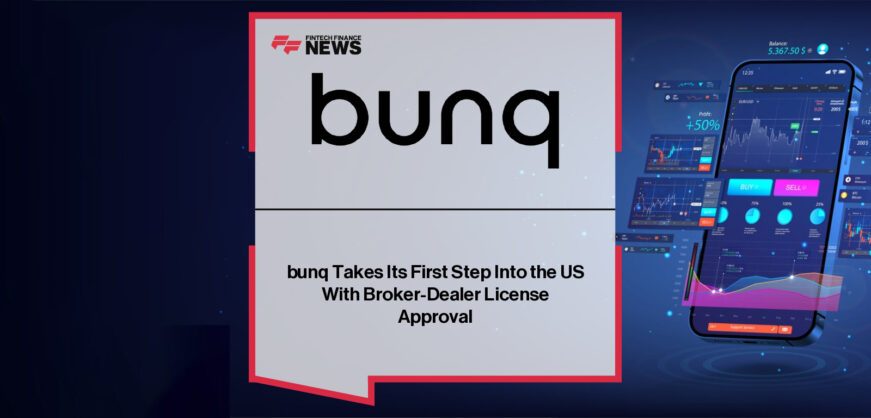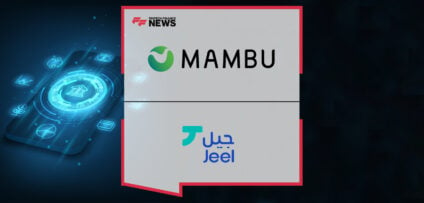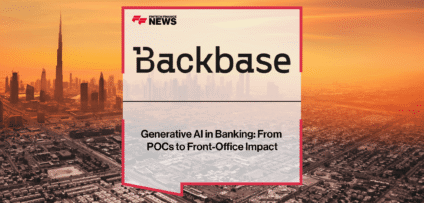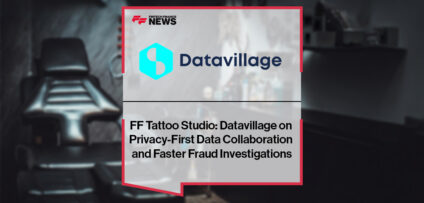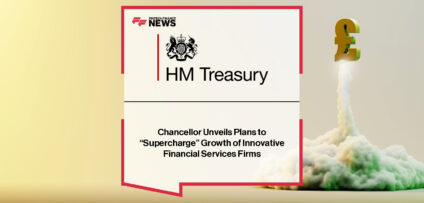Breaking News

EXCLUSIVE: Request To Pay, the future of payments?
Request To Pay is the inaugural output of Pay.UK’s plans to deliver the New Payments Architecture which looks to shape the future of payments. Pay.UK is the UK’s leading retail payments authority, who are, in their own words, ‘looking to enable a vibrant economy by delivering best in class payment infrastructure and standards for the benefit of consumers and businesses everywhere’.
Central to this mission has been the deployment of Request To Pay (RtP), a new and secure messaging service which has been designed to help businesses and individuals settle bills with their customers, suppliers and friends alike, safely and easily.
The framework itself works as an overlay to fit on top of existing payments infrastructure and with consumers and all types of businesses uniformly operating the service much like they would an email chain with each the entirety of each chat being attached to the relevant transaction. The system upon signing up will assign users a Primary Identifier or PID akin to an individual’s email address and this PID will be all one needs to send and receive requests.
The nature of the framework is that it is open, meaning FinTechs, Payment Service Providers and Corporations will themselves be able to develop services that interoperate with each other to deliver Request To Pay to their customers.
An example of how the system would operate would begin with a request being sent by a biller to a payer who will then have the option – depending on the payment – to: pay all, pay part, request an extension, decline to pay or send a message if a customer is unsure of what the payment is for. Each time a request is placed both payee and biller details are verified from within the FCA authorized repositories where they are stored to ensure anti money laundering standards.
RtP itself exemplifies the opportunities presented by Open Banking, creating a new way to settle bills granting more control to the individual or organisation being asked to pay as well as the biller, through granting them all relevant information required when reconciling a payment, effectively streamlining the process for both parties involved whilst simultaneously creating a one stop shop for customers to see and manage multiple bills and other payment requests in one place.
RtP at its core has 4 – admittedly very large – clear demographics to help, each in a unique way. The first of these groups is regular consumers, who – irrelevant of their bank – can send and receive a request for money with only a single PID required. Thus removing the inevitable complications of account details and making the process of tracking payments easier.
The second and third groups are made up of Small and Large Businesses, with small businesses being able to avoid wasting time chasing vendors, allowing them to monitor the payment status in real time and create complete transparency for each transaction. Large Businesses also stand to benefit from the technology with reconciliation being streamlined through RtP’s ability to give each request a unique customer reference allowing for increased clarity, in turn saving time, money and resources.
The fourth of these groups is comprised of Not For Profit organisations, whose donors often have little to no flexibility for recurring payments yet with the cash-like flexibility offered by RtP one can manage, skip or adjust a monthly payment whilst maintaining a relationship for the future.
The scope of those people set to benefit from RtP range from the individual through to top level businesses across the board and paves the path for the future of banking. Embracing technology such as this removes both complications often caused through the middle man of payments, otherwise known as cards. The day to day use of bank to bank transfers appears to be the natural progression of payments, the metaphorical removal of dead weight, and whilst RtP is not the final line of the card payment industry’s obituary, it may well be the beginning.
How does it work?
- It is a new and secure messaging service, designed to help businesses and individuals settle bills with their customers, supplier and friends safely and easily.
- It allows businesses to reduce reconciliation costs, allows transactions to auto transmit key reference data within each transaction.
- Customers and individuals, allows them to see and manage multiple bills and other payment requests in one place.
- Customers and billers are able to interact with these Pay.UK registered repositores i through request to pay applications allowing them to manage and discuss their payment options on any device.
- Organisations and users of all types and sizes including Gov. departments, corporates, charities and individuals can register for ‘Request to pay’ through a certified provider
- Registration can take a few minutes if they are already known to the repository provider, if not it could take a few days to sign up.
- You can see if they are aprt of the request to pay network through a clear logo indicating it or search the request to pay website
- Whenever a biller is sent for a first time a pre-authorization message is sent to make sure the customer is happy to receive the request.
- The customer can accept, reject or ask for more details if they arent sure, this needs to be accepted by customers before anything else can happen.
- Once accepted customers and biller can dm using a integrated messaging service linked to each payment, giving each party a complete audit trail making disputes or questions easier to resolve.
- It is a game changer for billers looking to reconcile thousands of payments
- No more general utility bill payment references from customers, each transaction is uniquely recorded from the last, making reconciliation quick, easy and accurate for billers.
- Saves businesses valuable time and money by streamlining the transaction process.
- Gives users control and flexibility whilst giving billers all the info they need to identify customers, reconcile payments and retain detailed records of customer interactions.
- Pay.UK has government framework acting as gatekeeper has peace of mind that customers and billers are who they say they are.
- They have identified 4 Groups that this will be aiming to help in unique ways:
What are the benefits?
- By enabling direct bank to bank payments retailers will be abel to absorb the benefit of not paying increasingly expensive card fees.
- Can easily be integrated on top of existing payment systems. By doing so, you can create a finance offering allowing for greater flexibility and control which can result in more sales.
- Can be used as a tool to enable greater transparency for accounts Payable, to oversee and manage all retail store bills in one simple place.
- The tool allows for a private conversation between the biller and the payer and is designed to help people who need more flexibility in paying their bills, and to reduce businesses’ billing costs.
- bunq Takes Its First Step Into the US With Broker-Dealer License Approval Read more
- Jeel and Mambu Join Forces to Power Saudi Arabia’s Fintech Sandbox and Pave the Way for Banking as a Service Read more
- FF Tattoo Studio: Fenergo on Native ID&V and the Fight Against FinCrime Read more
- Generative AI in Banking: From POCs to Front-Office Impact Read more
- EXCLUSIVE: “Chain Reaction” – Sergey Nazarov and Fernando Vazquez, Chainlink in ‘The Paytech Magazine’ Read more










